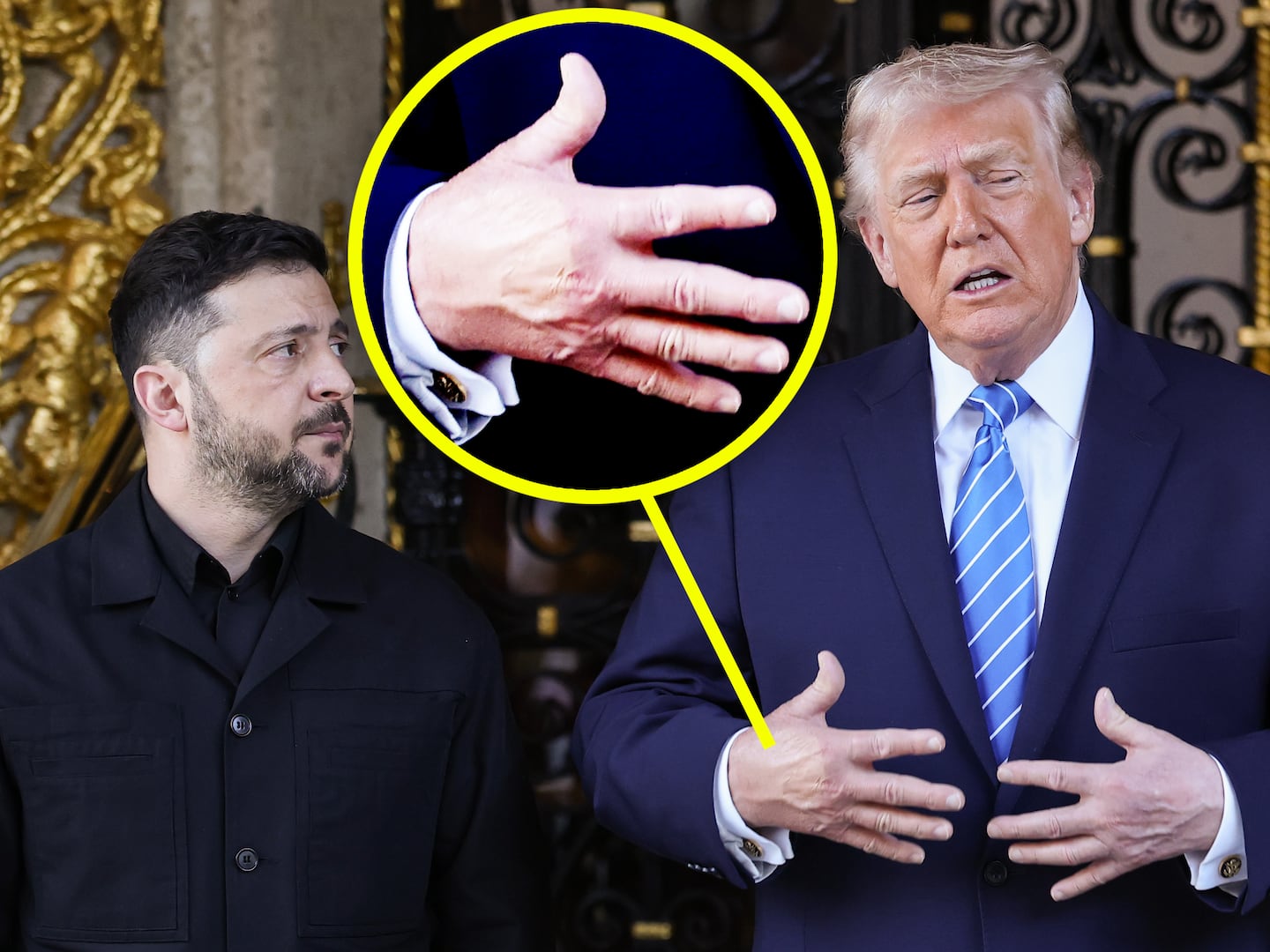Upon starting your new role at Foggy Bottom and facing the tall heap of papers lying on your desk, please reach for the bottom of the pile in front of you, pull out the portfolio labeled "Israeli-Palestinian conflict" and place it at the top of the stack. And when both old and new advisors insist that you will be just another healthy body getting into a sick person's bed, please do not heed their words. It is hard to overstate how much a solution to this conflict, even if partial, will influence the entire region, especially at this critical juncture when the U.S. is pulling out of Iraq and Afghanistan and when the issue of Iran reverberates loudly across the world. Wait solely for the election of the third Netanyahu-led government to arrive; we await you in Jerusalem and Ramallah.
Don’t nominate a special envoy; take that role upon yourself. Skip another round of preparations and seminars; you are well acquainted with both parties' personalities and behavioral patterns. Just pack your hand luggage and remember Jim Baker's eight regional rounds in 1991, which led to the successful Madrid Conference. Twenty-two years later, you can repeat such success, and resume stalled negotiations between Israel and the Palestinians. There is no need to apply pressure; your very presence will effectively serve as testimony to the seriousness of your efforts. Both sides will understand that rejection of your offers, after clear effort on your part, will come at a high price.

Insist that the Netanyahu-Abbas negotiations take place in an intimate forum. This will be more convenient for both parties. The smaller the forum, the less the leaders will fear leakages, allowing them to be honest rather than spend their time and efforts saving face in front of the press and their people. Try to truly understand where the leaders believe negotiations can take them, attempt to push each a bit beyond their initial intentions, and turn this into the basis of the next settlement. Do not try to convince them to pursue serious negotiations towards a permanent agreement—Netanyahu is not willing to pay the necessary price, and Abbas cannot represent the Gaza Strip. The only realistic option available at this point is to pursue a partial settlement leading to a permanent agreement, which will ultimately resemble the "Clinton parameters" or the informal Geneva Initiative. Thus, in the meantime, this is an opportunity to realize the second phase of the 2003 "road map" proposed by the previous U.S. administration, which establishes a Palestinian state in provisional borders. After all, both sides committed to implementation of this plan.
Abbas will demand a vision and timetable that will lead to a permanent agreement, and since Netanyahu will not be able to propose a solution that will be deemed appropriate, your job as a representative of the United States or as part of the Quartet (made up of the U.S., European Union, Russia, and the U.N.) will be to deliver such an offer. Both sides will have to accept less-than-ideal versions of their respective visions (Netanyahu won't like the East Jerusalem clause just as Abbas will dislike proposed solutions to the 'right of return' problem), thus, while they may not automatically adopt the third party vision in the short term, they might agree to take note of it. As to the permanent solution, try to avoid a short time schedule by which the sides will not be able to abide.
Ultimately, real negotiations will take place between the two sides based on the temporary borders, with partial involvement from you. If the Palestinian state includes 60 percent of the West Bank (instead of the current 40 percent), the Palestinians will consider that an achievement, and Netanyahu's government will be able to live with it. The parties will also have to decide how Israel will restrict its settlement policy in the area remaining under its control.
Following the initial small-forum meeting, ensure secret negotiations take place for an intensive period of about three months. This will allow leaders to move beyond pre-existing conditions, press conference announcements, and political rather than policy-oriented discourse. Such talks can be held at a venue such as an American army base near Washington D.C., which will also ensure the sides don’t waste their time or revert to their usual wrangling.
Use the Arab League. It was a critical actor in Libya, is playing a considerable role in Syria, and, though this is often forgotten, adopted the "Arab initiative" a decade ago—a historic revolution that stated that the Arab world would normalize relations with Israel if it forged peace with the Palestinians. Since the initiative does not address interim arrangements, this will be your job. For example, if Arab states send semi-diplomatic representatives to Israel, they could serve as impetus to the political process and you could leverage them as a point of pressure if the parties do not meet the agreed-upon schedule.
After the secret negotiations, ensure the convening of an international conference in which the world will ceremoniously praise the Interim Agreement as well as the vision for a permanent settlement schedule.
Failure will not surprise anyone. Success is not guaranteed. But, it is precisely in moments like this, when so many have given up, that it is indeed possible. Too much is at stake to give up on this important endeavor. Don’t wait for others. Do it yourself, Senator Kerry.






